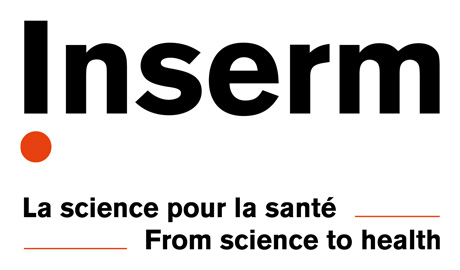





Type of contract CDD
Location New-Haven CT,
Statut Available
Key Words
Details of the offer
Type of job
Type of contract CDD
Application deadline
Employment start date
Contact
Would you be interested in these studies, please send a letter of intention and your Curriculum Vitae to: Jean-Leon Thomas (Department of Neurology, Yale University, New-Haven CT 06511) : jean-leon.thomas @yale.edu
KEY WORDS | neuroscience, zebrafish, microglia |
CITY | New-Haven CT |
COUNTRY | USA |
DETAILS OF THE OFFER | Our team The Eichmann-Thomas laboratory at Yale is offering a 3 year-contract for a post-doctoral position to investigate the role of meningeal lymphatic vasculature in neuroimmune communication development. The candidate is expected to have a solid background in neurovascular biology and neuroimmunology, to have skills to perform in vivo studies in mice, and to master the methods of single cell transcriptomics. The candidate will closely collaborate with the vascular biologists of the Eichmann lab and the immunologists of the Iwasaki lab and will benefit from the unique environment provided by the Yale School of Medicine. Project: Meningeal lymphatic vessels are conduits that transport macromolecules, antigens, and immune cells from the CNS to CNS-draining lymph nodes. Meningeal lymphatics bridge the CNS with the periphery of the immune system and thereby control neuroimmune communication. Meningeal lymphatics have been shown to play fundamental roles in various mouse models of CNS pathologies, such as multiple sclerosis, Alzheimer’s disease, Parkinson’s disease, ischemic stroke, traumatic brain injury and brain tumors. Meningeal lymphatics thus constitute potential therapeutic targets against a broad range of CNS diseases affecting millions of Americans. Despite their recognized role in pathologies, how meningeal lymphatics shape the landscape of CNS immunity remains unknown. Here, we propose to characterize the cellular and molecular mechanisms governing postnatal meningeal lymphatic development and lymphatic drainage of brain antigens, with the overarching hypotheses that meningeal lymphatics growth will regulate the behavior of antigen presenting cells in meninges and promote T cell education in draining lymph nodes. Altogether these studies will establish the mechanisms by which meningeal lymphatics initiate and regulate neuroimmune communication and will provide cues about the pharmacological potential of lymphatics to trigger early life adaptive immunity to combat medulloblastoma, which is the most common cancerous brain tumor in children. |
TYPE OF JOB | Postdoc position |
TYPE OF CONTRACT | CDD (temporary / 3 years) |
EMPLOYMENT START DATE | immediately |